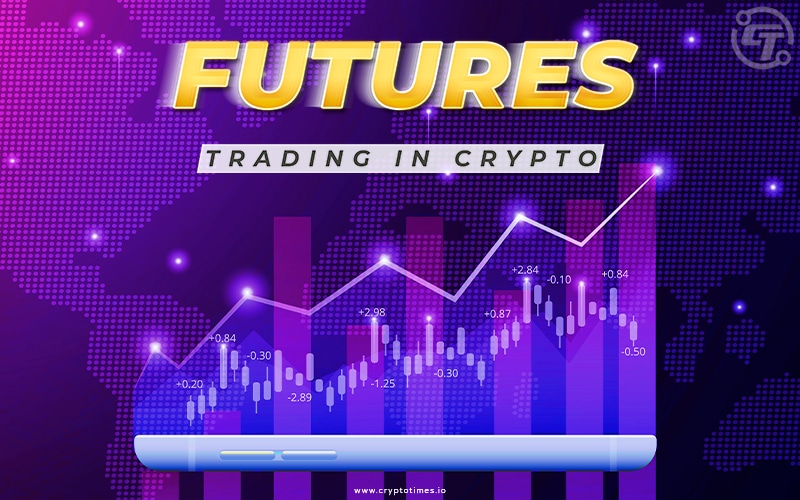
What is Future Trading in Financial Markets?
Future trading is a crucial aspect of financial markets, allowing investors to hedge against risks or speculate on future price movements of assets. As markets evolve, understanding this concept becomes increasingly important for both seasoned and novice traders. If you’d like to dive deeper into this topic, what is future trading in crypto click here.
Definition of Future Trading
Future trading refers to the buying and selling of contracts for the delivery of a particular asset at a predetermined price at a specific future date. These contracts, known as futures contracts, are standardized agreements traded on exchanges. The underlying assets can be commodities (like oil or wheat), financial instruments (like stock indices or currencies), or other types of assets.
The Mechanics of Futures Contracts
A futures contract involves two parties: the buyer and the seller. The buyer of the contract agrees to purchase the asset at a future date at the agreed price, while the seller agrees to deliver the asset. Futures contracts are marked to market daily, meaning their value is updated at the end of each trading day, allowing for real-time assessment of gains or losses.
When a trader enters into a futures contract, they are required to post a margin – a small percentage of the contract’s total value. This leverage allows traders to control a large amount of asset value with a relatively small amount of capital. However, it also increases the potential for significant gains or losses.
Types of Future Trading
There are generally two main types of future trading: hedging and speculation.
Hedging
Hedging is primarily used by businesses and producers to protect against price fluctuations. For example, a farmer can sell futures contracts for their crop before harvest to lock in a price, safeguarding against the risk of declining prices. Similarly, an airline might purchase oil futures to manage fuel costs.

Speculation
Speculators, on the other hand, seek to profit from changes in market prices. By predicting market movements, they buy or sell futures contracts to capitalize on these changes. Speculation can introduce volatility into the market, but it also provides liquidity, making it easier for hedgers to enter and exit positions.
Benefits of Future Trading
Engaging in futures trading comes with several benefits that can attract both individual and institutional investors.
- Leverage: Traders can control large positions with relatively small amounts of capital due to the margin system.
- Liquidity: The futures market is typically very liquid, allowing for easy entry and exit of positions.
- Diverse Market: Futures contracts can be based on a wide range of underlying assets, providing traders with numerous options.
- Hedging Opportunities: Futures allow businesses to reduce risk associated with price fluctuations, providing stability in planning and budgeting.
Risks Involved in Future Trading
While there are significant benefits to trading futures, it is essential to be aware of the inherent risks involved.
- Leverage Risk: While leverage can amplify gains, it can also magnify losses, leading to potential margin calls.
- Market Risk: Futures prices can be volatile and subject to sudden changes due to various factors such as economic reports, geopolitical events, or natural disasters.
- Complexity: The futures market can be more complex than traditional investing, necessitating a better understanding of market dynamics.
- Psychological Stress: The rapid pace of trading and the potential for significant financial loss can induce stress and affect decision-making.
Conclusion
In summary, understanding what is future trading in the context of the financial markets is vital for anyone looking to venture into trading. While it offers unique opportunities for profit and risk management, it’s essential to approach with caution and a solid understanding of the market’s intricacies. Whether you’re looking to hedge against risks or speculate on price movements, futures trading can be a powerful tool in your investment strategy.
Further Reading
For those interested in deepening their knowledge of future trading or exploring resources related to trading strategies, regulations, and platforms, there are countless books, online courses, and articles available that provide comprehensive insights into this exciting area of the financial world.


